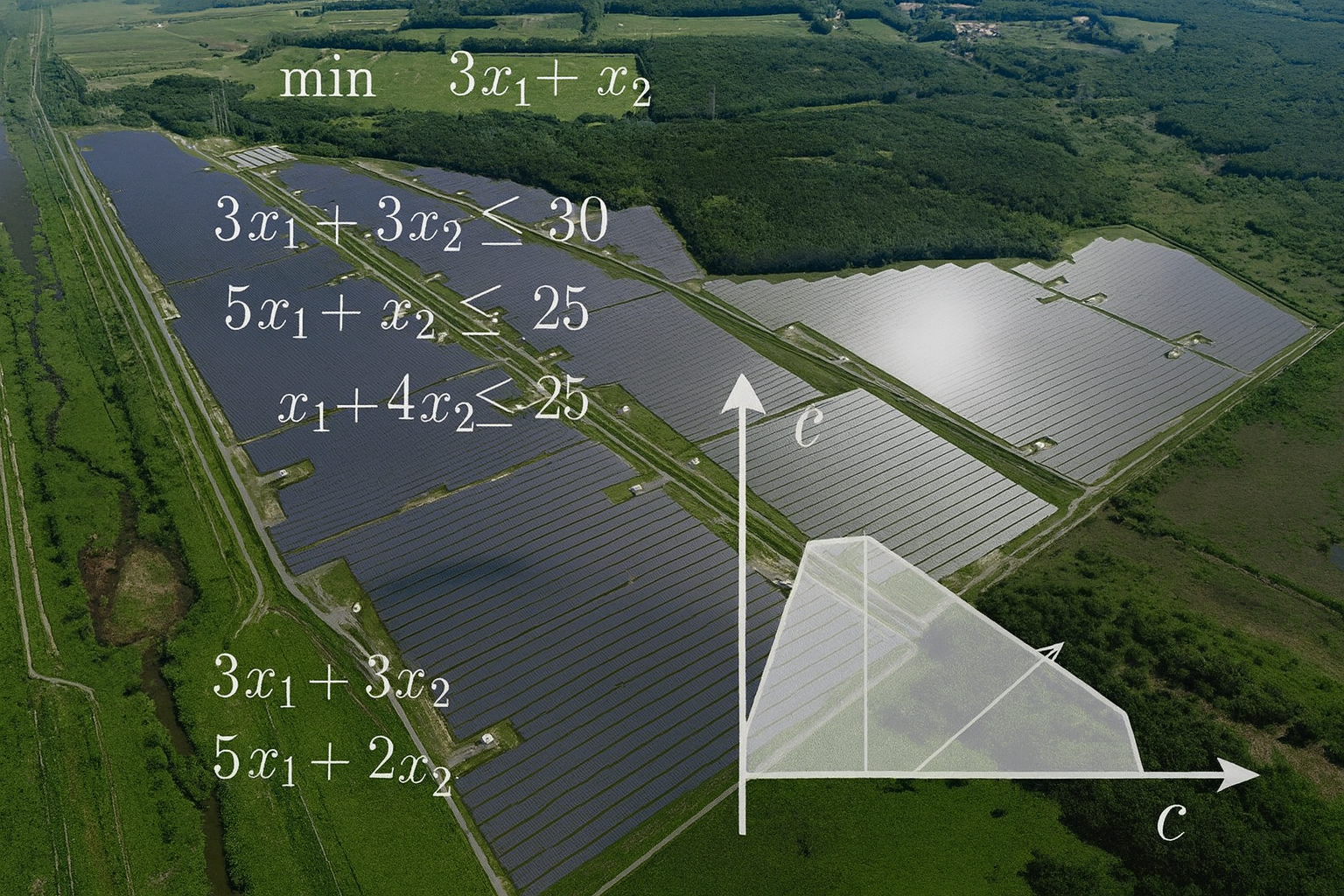The Open Charge Point Protocol (OCPP) is an open standard that offers two-way communication between EV charging stations and the corresponding EV charging central backend management systems.

The Open Charge Alliance (OCA) is the global consortium that oversees the development of OCPP Compliance with this protocol simplifies operations, giving EV charging providers the freedom to select from multiple charging network providers without being restricted by any particular hardware system. Therefore, OCA allows for greater options when building a successful business model within the electric vehicle industry.
Supporting open protocols like OCPP ensures that EV charging and energy management platforms are accessible and future-proofed, allowing hardware or software components to be easily swapped out without having to restructure all systems from scratch - avoiding vendor lock-in as well!
OCPP 1.6
Approved in 2015, OCPP 1.6 offers open networking, among other advantageous features such as load balancing support.
OCPP 1.6 allows sites to successfully link charging stations together and manage the circuit depending on how many EV drivers are currently connected - a great way to minimize installation costs by only needing one single circuit for multiple charging stations!
LOAD BALANCING
OCPP offers a comprehensive solution for internal load balancing within the Charge Point. Each Charger is preconfigured with an allotted capacity, typically its maximum current connection capability, enabling customers to capitalize on their agreement with the power distributor without risking overload. Clients will be proportioned amongst services based on the most effective charging load optimization plan.
SMART CHARGING
Centralized smart charging provides the charge point back office system with the opportunity to optimize every aspect of charging, from scheduling and power/current limits to time of use. Multiple profiles can be combined to create unique experiences that meet your needs; these configurations are referred to as "stacking" and signify their respective priority levels. With this advanced feature, you'll never have a shortage of options when it comes to managing your charge points' behaviour.
OCPP 2.0.1
OCPP 2.0.1. is a new protocol with a completely different foundation than OCPP 1.6. It was released on December 2019 and as such is not as widely adopted as OCPP 1.6.
OCPP 2.0.1 has a major focus on bidirectional V2G communications and new advanced smart charging and plug & charge features. OCPP 2.0.1 changes names convention for basic subjects - Charge Point became Charging Station, and Charge Point Operator became Charging Station Operator.
V2G BIDIRECTIONAL COMMUNICATIONS
OCPP 2.0.1 adds support for vehicle-to-grid (V2G) bidirectional communications between the Charge Station and the CSMS Charge Station Management System software. V2G compliance streamlines energy management and grid balancing to meet increasing power demands. With two-way communication, there is less need for expanding energy infrastructure while charging costs will be more affordable by harnessing electric vehicles' battery power as a source of electricity to the grid.
DEVICE MANAGEMENT
Device management cuts down on expenses associated with managing a Charging Station network. It offers CPOs the ability to select what information they desire to track and view while providing reports on inventory and errors. Additionally, it produces state reporting data that can be utilized for optimization purposes.
NEW SMART CHARGING FUNCTIONS
The Smart Charging features Energy Management System (EMS) can be connected to a compatible charging station to provide integrated smart charging capabilities across the entire system. This includes support for both the Charging Station Management System and Electric Vehicles (EVs).
ISO 15118
The ISO 15118 standard, enables Plug & Charge communication between EVSE and Electric Vehicles (EVs) to allow input from EVs.
ENHANCED SECURITY
Secure firmware updates provide advanced authentication protocols and key management for client-side certificates, as well as TLS secure communication, event notifications and logging.
SUMMARY
Understanding how Open Charge Point Protocol (OCPP) works is essential for anyone involved in developing or maintaining electric vehicle infrastructure networks today because it has become an industry standard for communication between EV chargers and their related back office systems.
It is an open protocol designed to facilitate two-way communication between EV charging stations and the charge station management systems they are connected to, allowing for remote monitoring, load balancing, access control, billing information, usage statistics and other important data related to the charge point’s operation. This standard increases safety by ensuring all parts of the system can communicate with each other without using any proprietary protocols.
With its focus on security features such as authorization/authentication of users as well as real-time data exchange capabilities that enable faster response times from operators when problems arise or user behaviour changes unexpectedly.









